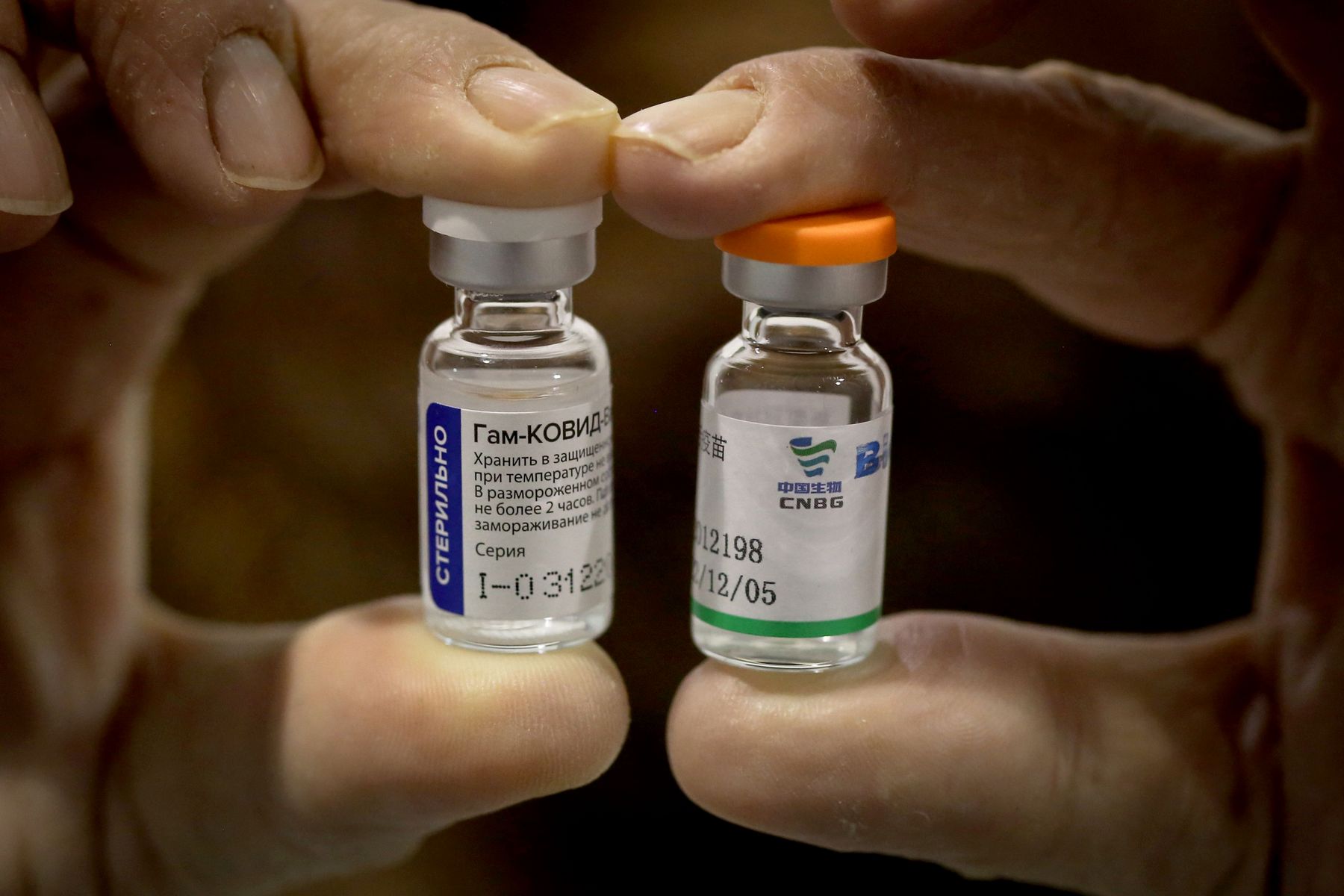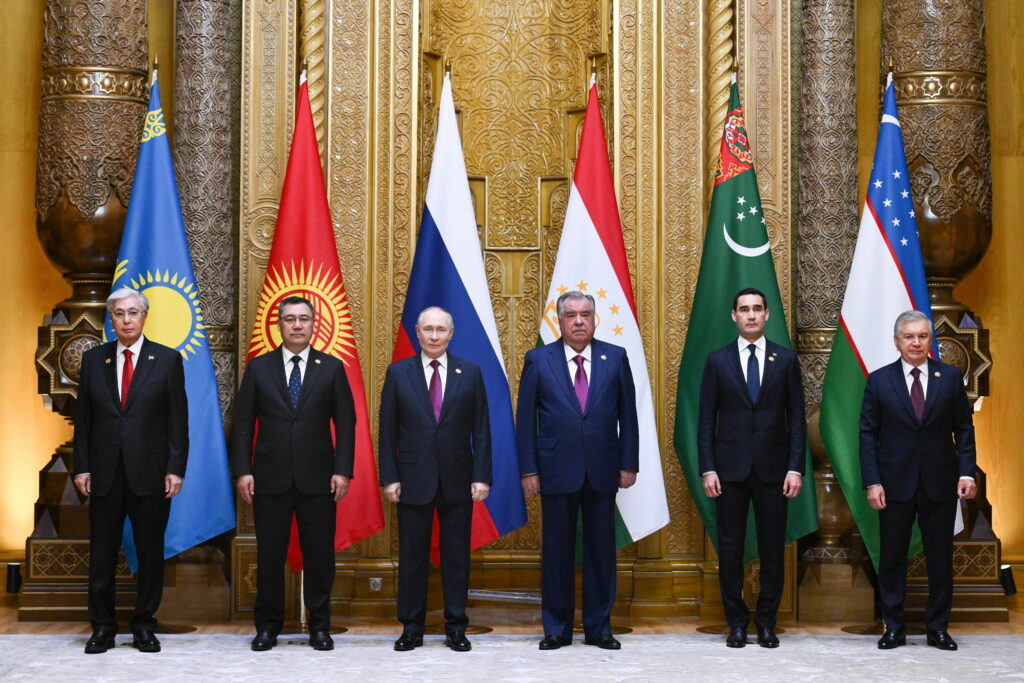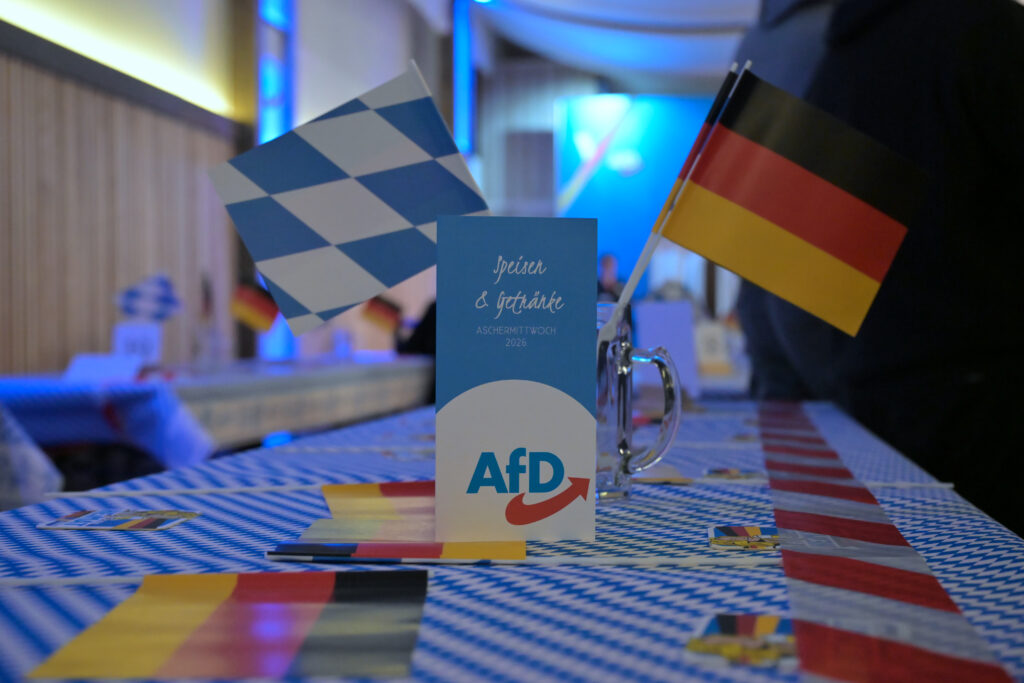Serbia became the first European country to purchase several million doses of the Chinese Sinopharm vaccine without waiting for approval from the WHO or the European Medicines Agency. Cozying up to China, however, irritates Belgrade’s European partners. Even though Serbia claims to aspire to EU membership, this Balkan nation is in no hurry to take into account European concerns over its vaccines policy. It is not just the EU that’s feeling jilted: Belgrade’s bet on China’s vaccinologists also strikes at the Kremlin’s pride. Since the outbreak of the pandemic, Moscow has been assigning Serbia a key role in its pandemic propaganda. The narrative is of Russia heroically stepping in to support this ‘historically close’ partner while the West proves itself an ‘ineffective’ fighter against the virus. But the reality is nothing even close. Beijing is increasingly crowding out Russia in the Balkans, and its dominance here in the vaccination market comes in a context of growing Chinese investment and arms supplies.
Even so, in the pro-Kremlin news media, competitors of the Russian vaccine in the Balkans are either receiving silent treatment or are being spoken about with derision. In the case of China, the first option was chosen, in the case of Western countries — the second. The chosen tone of the media sees Serbia abandoned by the selfish West to its fate but still being saved by its «older sister.» At the same time, as the facts on the ground show, despite Russian readiness to launch production of Sputnik V in Serbia, Belgrade prefers China in terms of vaccination.
The China way
Vaccination in Serbia began on December 24, 2020. Initially, residents of the country were given the opportunity to be vaccinated with the German-American drug Pfizer/BioNTech. Then, at the end of December the first batch of the Russian Sputnik V was delivered to Serbia. By mid-January, China swept in: large-scale deliveries of Chinese national pharmaceutical company Sinopharm vaccine began. To date, Serbia has already received 2 million doses and has ordered the same amount. From the second half of February, the British-Swedish vaccine AstraZeneca began to arrive. In addition, within the framework of the COVAX mechanism, Serbia is to receive more than 345 thousand doses of the AstraZeneca vaccine in the coming months.
Roughly 1.5 million out of seven million citizens have applied for the COVID-19 vaccine. According to the Serbian Ministry of State and Local Government, which maintains an electronic vaccination database, 966 500 people received the Chinese vaccine from January 19 to March 25. During the same time, 152 180 Serbian residents were vaccinated with the Pfizer / BioNTech vaccine, and 112 490 people were vaccinated with Sputnik V. 110 948 people were vaccinated with AstraZeneca. In total, 2 834 745 doses of vaccines have been delivered to Serbia at the moment: 2 million — Sinopharm, 342 345 — Pfizer, 242 400 — Sputnik V and 150 000 AstraZeneca.
Unexpectedly Serbia having accepted help from all the major players not only entered the «high vaccination rate club.» It was even able to donate (albeit with small quantities of vaccines) for Bosnia, Montenegro and North Macedonia. At the end of March, tens of thousands of residents of neighboring republics came to Serbia for vaccinations. In Serbia itself, coronavirus infection was detected in about 600 thousand people, more than five thousand of them died. At the same time, the mortality rate in Serbia, judging by the official statistics published in the Balkans, is significantly lower than that of its neighbors.
Serbian authorities deny that ideological or geopolitical motives are behind such large-scale purchases of the Chinese vaccine. The official explanation is simple: in order to save its citizens and help its neighbors, Belgrade is ready to take the vaccine from everyone who provides it. At the same time, the Serbian authorities do not expect to receive significant quantities of Western vaccines in the foreseeable future. «Almost all of Pfizer’s vaccine stocks, which will be produced in 2021, will go to richer countries, which have already purchased 96% of this drug,» said Prime Minister Ana Brnabic. Obviously, no one initially counted on Russia as a mass supplier of vaccines: Putin had previously stated that Russia did not have enough equipment for the mass production of vaccines.
Thus, the bet on China in the issue of vaccination was actually predetermined. And judging by the intriguing statements of President Vucic, Belgrade was offered a good price for Sinopharm products. At the same time, there is no publicly available data on the price at which Serbia buys Chinese and other foreign vaccines. Officially, it was only announced about plans to allocate $ 50−60 million for this purpose.
Despite active media coverage, the cooperation of the Serbian authorities with China is not transparent and leaves many questions for observers. So, for several weeks the intrigue around the announcement of the imminent construction of a plant for the production of a Chinese vaccine in Serbia has been preserved. According to Vucic, production should start on October 15th. But nothing is known about the details of these agreements, the cost of the project, or the construction site.
By the way, the Serbian Minister of Health Zlatibor Loncar was one of the first to be vaccinated with the Chinese vaccine. Judging by repeated promises, Vucic himself is ready to do this. The Serbian president is so engrossed in promoting the Sinopharm brand that he doesn’t seem to notice how much he overplays it when he kisses the Chinese flag. When it comes to supplying vaccines from other manufacturers, Vucic is not so verbose.
The preferences of other vaccinated Serbian government officials were as follows: Prime Minister Ana Brnabic, Labor Minister Daria Kisic-Tepavcevic and epidemiologist Predrag Kon were vaccinated with Pfizer, while Serbian Parliament Speaker Ivica Dacic and Interior Minister Aleksandr Vulin, known for their pro-Russian views, made a choice in favor of Sputnik V.
Is Sputnik V the most popular?
No question: Russia is jealous of the Chinese leadership in the Serbian vaccination market. Speaking about the situation in Serbia, the pro-Kremlin media outlets usually avoid mentioning China and emphasize that the Russian vaccine is the most popular: one claim circulated was that 85% of Serbian residents want to get it. At the same time, there is no information about the «popularity» of certain vaccines in Serbian open sources. Neither the Serbian authorities, nor any of the Serbian organizations related to vaccination, have released data on vaccine preferences of the Serbs. The main source of information for the Russian media in this case is the Serbian Ambassador to Russia, Miroslav Lazansky, who was vaccinated with Sputnik V in February and even received an order for the fight against coronavirus. Before arriving in Moscow as ambassador, Lazansky was known in the Balkans as a military-political expert with pro-Kremlin views. The fact that he, together with director Emir Kusturica are trying to promote Sputnik V is not surprising, but throwing dubious information into the media space is unlikely to help this.
In any case, the Russian authorities have managed to achieve widespread recognition of their drug, as evidenced by data from a poll conducted by YouGov in nine countries, including Serbia. Every third participant in this study (33%) is ready to be vaccinated with «Sputnik V». This is the second-best indicator after the Pfizer / BioNTech vaccine (37%).
Moscow’s assets include an agreement between the Russian Direct Investment Fund and the Serbian Institute of Virology «Torlak» on the production of Sputnik V, which could begin in May. Lobbying for the Russian vaccine in Serbia is the minister without portfolio Nenad Popovic. Popovich, a longtime Kremlin partner, owns ABS Electro, which unites several Russian electrical and mechanical engineering enterprises. In 2014, Popovic created the pro-Kremlin «Serbian People’s Party» of the national-conservative wing. This party, opposed to integration into the EU and NATO and in favor of accelerating integration with the EAEU, managed to enter parliament in 2016, speaking in coalition with the ruling Serbian Progressive Party of President Vucic. In 2010, Popovich was awarded the Order of Friendship in Moscow for his great contribution to the development of economic and cultural cooperation. It is only logical that he joined the campaign in support of the Russian vaccine. Popovich calls the Russian drug the most effective in the world and regards Sputnik V critics as supporters of the deadly virus.
China interferes with Russia
Both China and Russia, while competing for Balkan market share, are using the situation to bolster their own reputation in the region and are trying to extract adjacent political and economic benefits. Serbia serves as a convenient platform for demonstrating their power (in this case, scientific) and a launchpad for promoting its own vaccines to the European market. Moscow, among other things, hopes that the pandemic will lead to an increase in Euroscepticism and put another set of brakes on Belgrade’s movement towards the EU.
The development of the world’s first vaccine against coronavirus, it would seem, has returned Russia to the world stage, despite its continued deep crisis in relations with the West. Sputnik V, according to Russian data, has already been registered in 57 countries with a total population of over 1.5 billion people. The vaccine has the second highest number of approvals in the world. But those impressive numbers contrast with the realities of vaccination in one of the Kremlin’s most propagandistically important regions, which it still hopes to keep in its orbit, the Balkans.
Aleksandr Vuchich, who was more than once accused of being excessively Russophilic, today often speaks of «steel friendship» with China. At the same time, his admiration for the Celestial Empire looks much more convincing than his sympathy for Russia and Vladimir Putin. And it’s not just the millions of doses of the vaccine needed. You can recall, for example, his reasoning about the merits of the Russian S-400 complexes and the subsequent purchase of Chinese drones and the FK-3 missile defense system, created on the basis of the Russian one. Prior to this deal, it was believed that Russia completely monopolistically supplied the entire range of weapons to the Serbian market.
In the context of the protracted conflict between Russia and the United States and the EU, the Chinese vector is becoming more and more important for Belgrade. China has money and is ready to invest in the Balkans, while Moscow, weakened by the economic crisis and sanctions, cannot afford new large-scale projects, even if it involves «historically close allies».
In foreign economic relations of Serbia, China already ranks third after Germany and Italy. The trade turnover between the two countries in 2020 reached almost $ 3.7 billion. As Vucic emphasizes, over the past five years, Serbia’s exports to China have increased 15 times. In the Russian direction, the indicators are on the down: imports from Russia to Serbia in 2020 fell from $ 2.5 billion to $ 1.5 billion. Exports from Serbia to Russia fell slightly less: from $ 977.2 million to $ 911 million. The volume of Russian investments in Serbia is estimated at $ 3 billion. Data on the volume of Chinese investments in Serbia vary greatly: taking into account the planned projects, Chinese investments can reach up to $ 10 billion. At the same time, both China and Russia lag significantly behind European partners: 70% of direct investments in Serbia come from the EU.
According to a study by the European Investment Bank, in 2007−2017. Beijing announced the allocation of 12 billion euros for construction projects in 16 countries. A third of the declared amount falls on Serbia. According to IMF 2017 figures, China has invested at least € 6.2 billion in railways, energy and road construction in the Western Balkans. And although European partners have more than once expressed concerns about Serbia’s cooperation with China, believing that it often contradicts European rules, Belgrade demonstrates its readiness to deepen ties with China in all areas.










